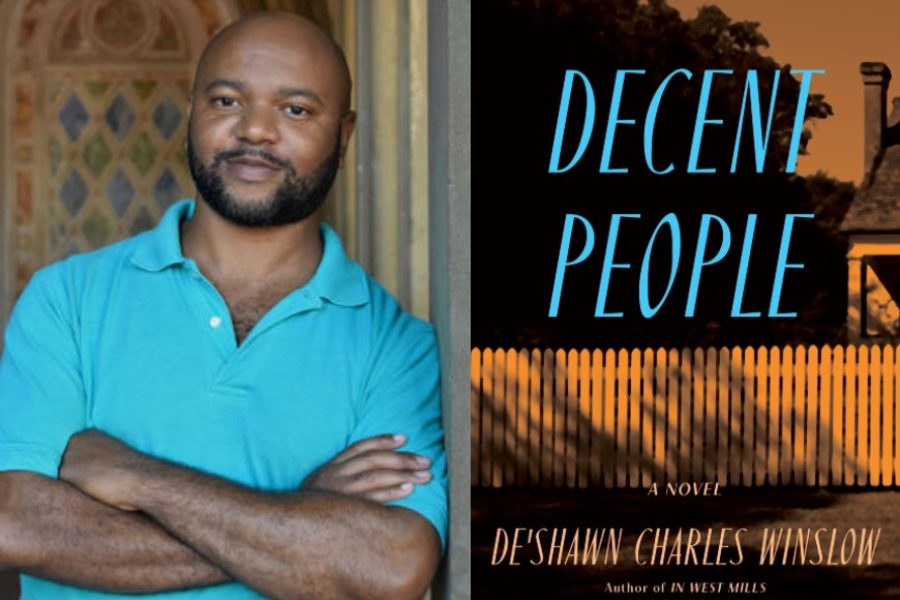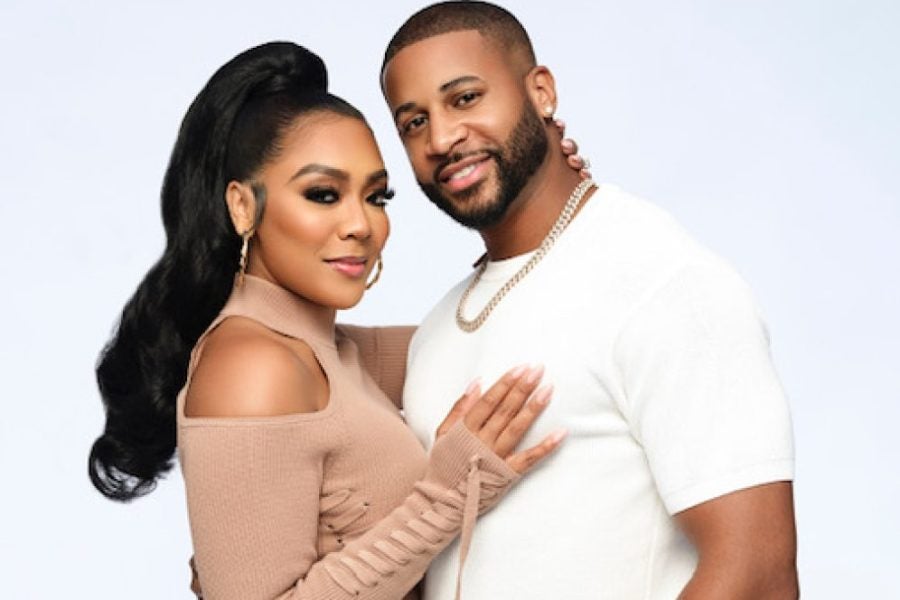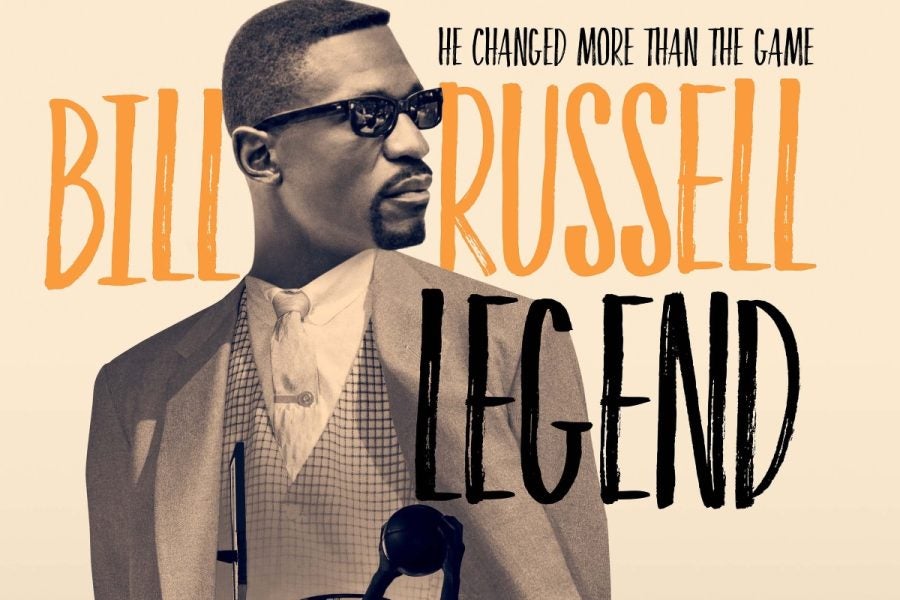
Award winning author De’Shawn Charles Winslow is back in the fictional town of West Mills, North Carolina, but this time with a whole new tale in his second novel “Decent People,” which was released last month.
A graduate of the Iowa Writers’ Workshop, Winslow racked up awards with his debut novel “In West Mills,” including an American Book Award, a Center for Fiction First Novel Prize, a Willie Morris Award for Southern Fiction, a Lambda Literary Award, and a Los Angeles Times Book Award.
For his second book, head back in time to 1976, where three Black siblings “are found shot to death in their home… but the white authorities don’t seem to have any interest in solving the case.” Recently returned home from New York City Josephine Wright is back, and intent on unraveling this mystery, but as she investigates, “she starts to discover more secrets than she’d ever imagined, and a host of cover-ups-ranging from medical misuse to illicit affairs-that could upend the reputations of many.”
Ultimately, “Decent People” tells the powerful story about the intersection of race, money, and shame in a small, close-knit community.
ESSENCE had a chance to sit down with Winslow and discuss his new book, his path, where he finds inspiration, and what he hopes for readers to take away after finishing “Decent People.”
This interview has been edited for length and clarity.
ESSENCE: What was your inspiration for this book, and would you consider it a sequel to your first?
The inspiration for writing the book came from a story I heard five years ago at a family function when one of my aunts asked my mom, if she remembered three women drowning in the canal, who were in a car together. My mom started to talk about what she remembered, and she said, “people still don’t know what really caused that car to go over into the canal,” and so I decided that I wanted to write a story based on this, but I changed the characters’ race to Black, and make them siblings instead of friends.
I don’t want readers to feel like they have to read “In West Mills” to read “Decent People.” They are completely separate, they just happen to have the same setting. It’s not a sequel, and if anything, it might be considered a prequel, but I’d still consider it to be a standalone novel that just has some overlap with characters.
ESSENCE: How has your own upbringing influenced your writing?
Growing up in Elizabeth City, I heard a lot of homophobic things being said all the time; and it was so common that no one even shushed anyone for saying or calling someone a sissy or f—-t. So, I’ve just kind of carried that hurt with me for a long time, and I think writing that element into the book was a way to finally voice that pain. This book gave me an opportunity to be able to say, “hey, you guys were really harsh on gay people, and you need to know what it does.”
ESSENCE: Can you tell me about your path to becoming a best-selling author?
I went to college at North Carolina Central University, I dropped out in the middle of my third semester and I started working at a dry cleaner. I did that for a year and some change and then I went to work in a call center for a bank. Then in 2003, I decided to move to New York.
There was no specific path, I just wanted to get all the way out of the South and try something completely different and be exposed to things I’ve never heard or seen. I worked for a leasing company for three years, and when I was laid off, I realized I had been making more money than most 23 to 25-year-olds without a college degree were making. When I was trying to find another job with a comparable salary, it was not easy to come by, and I knew that I would have to go back to school and get at least a Bachelor’s degree.
So, I was going to school for Business Administration, but in November of 2008, my father died unexpectedly, and that thrust me into thinking about writing, but I wasn’t thinking about fiction so much, I was thinking more about writing a biography of my father, and I was very curious about certain periods of his life.
By then, I knew I was completely disinterested in Business Administration, it wasn’t a true passion, so I switched my major to creative writing and that’s kind of where it started. I ended up going into fiction, because it allowed me to take the bits of information that I did have and create worlds and different lives for the people that I was curious about, and that’s how it got started. I wasn’t a child reader, we didn’t really have books in my home. My father did like to read, but he didn’t read books, he read magazines. He had articles and TV Guide and Jet magazine sort of thing, and he actually read the articles in Playboy. So I don’t come from a family of bookish people, it all happened as an adult.
ESSENCE: What is your favorite book and your favorite author of all time?
My favorite author is definitely Toni Morrison, and for my favorite book, I toggle back and forth between the Sula and Song of Solomon. I can’t quite settle on which one of those is my favorite, but she’s definitely my favorite author, and even my third favorite book is one of hers, Paradise. I remember the second time I read it [Paradise], I really, really got into it—it started to remind me of my hometown small community where everyone knows everyone.
ESSENCE: What’s the best piece of advice you’ve ever received with regard to writing?
To always be honest. Write what you want to write about, don’t write about a topic just because it’s hot, because nine times out of ten, when you try to do that, you won’t be passionate about it.
ESSENCE: What do you hope that readers will take away after they finish your book?
Probably the most important takeaway that I hope readers, and especially older readers, takeaway is not to bully kids for the different, because that can stick with them for a long time, and it can really affect relationships, and everything can affect a lot of choices that they make. The class piece is another, because I think sometimes, we forget that having money can really determine the way things happen for people and that’s not just always related to race.







